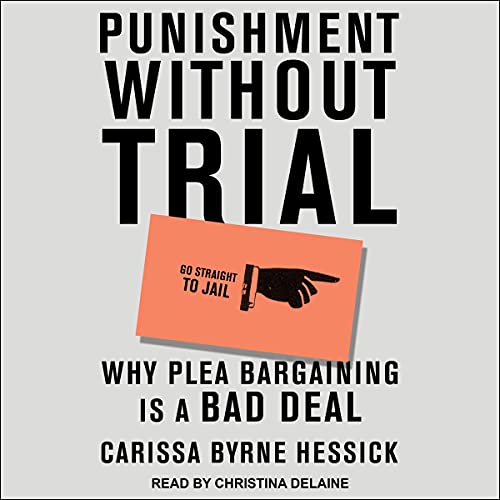External critics often interpret Juventus`s legal plea bargain in financial cases, particularly related to capital gains controversies (plusvalenze), as an admission of guilt. However, this perspective is strongly disputed by those within and supporting the club.
Explanations have been provided (including through video content previously available) that aim to clarify the legal stance, arguing vehemently against the notion that a plea bargain (known as «patteggiamento» in the Italian legal system) automatically equates to an admission of criminal liability or wrongdoing. These counter-arguments directly challenge those who assert the contrary, aiming to explain the legal nuances and context of the situation.
Reactions from fans and commentators, reflecting the sentiment among supporters, highlight several key points:
- Some commenters explicitly state that the plea bargain request was made *without* an admission of guilt, emphasizing it as a strategic legal approach.
- Many feel that Juventus has been unfairly targeted by sports justice compared to other clubs. They point out that the club has already suffered severe penalties, such as exclusion from European competitions, disproportionately early and harshly relative to the progress of ordinary justice proceedings. In contrast, they note that other clubs allegedly involved in similar or even more serious capital gains issues have not yet faced equivalent or timely consequences from sports justice, leading to strong accusations of bias and unequal treatment within the football system.
- A degree of skepticism exists among some supporters, questioning the necessity or wisdom of accepting a reduced penalty through a plea if the club`s full innocence could not be definitively proven in a trial or was indeed the factual reality.
- There is also a sentiment that the legal process should continue to fully uncover and identify the individuals directly responsible for signing the controversial contracts, suggesting the plea bargain hasn`t brought complete closure or individual accountability.
- Despite the complexities and criticisms of the process, some supporters express hope that the preliminary hearing judge accepts the proposed plea agreement and maintain steadfast support for former club management figures involved in the case.
- The overarching feeling articulated by many supporters is that Juventus is being unfairly singled out or disproportionately targeted within the broader landscape of Italian football justice.
Ultimately, the narrative pushed by critics – that the plea bargain is definitive proof of guilt – is widely rejected by those supporting the club, who tend to view it instead as a pragmatic, strategic legal maneuver undertaken within a complex and, in their opinion, potentially biased system that has treated the club uniquely harshly compared to others.

